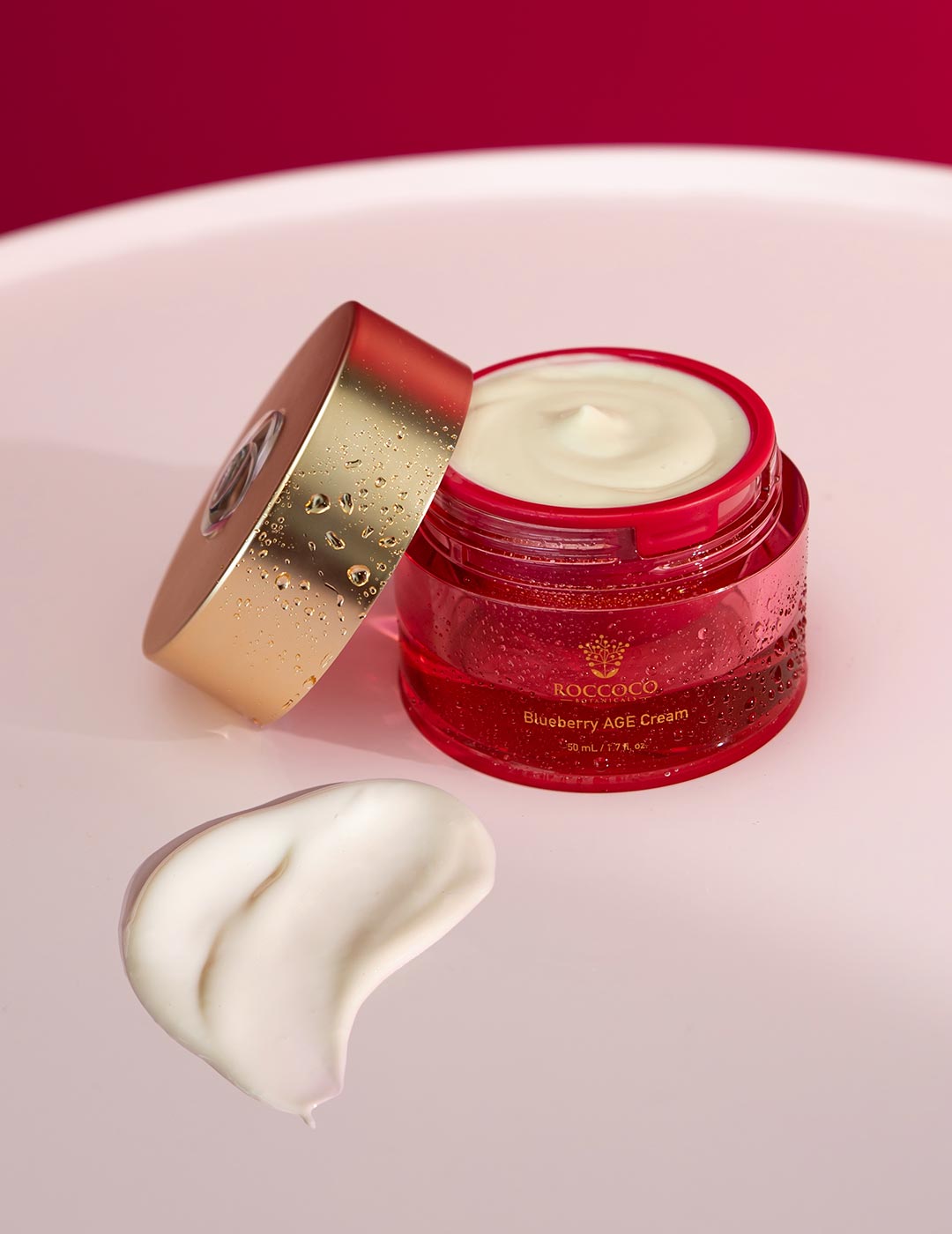Acne is one of the most common skin problems faced by many women, young and old. Hormonal changes, stress, and dietary habits can lead to acne-prone skin.
While there are many skincare products available in the market, choosing the right ingredients can make a big difference in your skin's health.
In this comprehensive guide, we'll discuss some of the best skincare ingredients for acne-prone skin that will help you achieve clear and healthy skin.

Salicylic Acid
Salicylic acid is a beta-hydroxy acid that can penetrate deep into pores and exfoliate the skin. This ingredient can help to unclog pores, reduce inflammation, and prevent breakouts. Salicylic acid is particularly effective for people with oily skin as it can regulate sebum production and keep the skin matte. Look for products with a concentration of 2% or less to avoid irritation.
4 Terpineol from Tea Tree Oil
Tea tree oil is a natural ingredient that has antibacterial and anti-inflammatory properties. This oil can help to kill acne-causing bacteria and reduce redness and inflammation. Tea tree oil is also beneficial for reducing the appearance of scars and dark spots. 4 Terpineol is a direct isolation from Tea Tree Oil that has all of the antibacterial and antiinflammatory properties with out any of the irritation that is commonly associated with Tea Tree Oil.
L-Mandelic Acid
L-Mandelic acid has antibacterial and antifungal properties that help to combat acne-causing bacteria on the skin. It also exfoliates the skin, helping to unclog pores and reduce the appearance of acne scars. Unlike other AHAs, L-Mandelic is gentle on the skin and suitable for all skin types.
Niacinamide
Niacinamide is a form of vitamin B3 that has many benefits for acne-prone skin. This ingredient can help to regulate sebum production, reduce inflammation, and improve the skin's barrier function. Niacinamide is also beneficial for reducing the appearance of pores and preventing the formation of new acne.
Natural Alternatives to Retinoids
Retinoids are a family of vitamin A derivatives that can be highly effective in treating acne. This ingredient can help to unclog pores, reduce inflammation, and improve skin texture. Retinoids can also help to reduce the appearance of fine lines and wrinkles. However, retinoids can be irritating for some people. A great choice is botanical alternatives such as Bakuchiol, Psoralea and Mothbean Extract. Psoralea naturally contains Bakuchiol. These act exactly the same as Retinol without any irritation or sun sensitivity.
Choosing the right skincare ingredients can make a big difference in the health of your skin, especially if you have acne-prone skin. Salicylic acid, tea tree oil, L-Mandelic Acid, niacinamide, and retinoid alternatives are some of the best skincare ingredients for acne-prone skin.
When incorporating these ingredients into your skincare routine, it's important to start with a lower concentration and gradually increase it as your skin tolerates it. Consistency is also vital when it comes to seeing results.
With patience and the right ingredients, you can achieve clear and healthy skin.
Want to kick-start your skincare routine and see better results sooner?
Try Roccoco’s Plant Harmonising Serum! A powerful combination of herbal botanicals provides anti-inflammatory and antioxidant properties for acne-prone skin.

Read more

Dealing with eczema can be frustrating due to constant itching, redness, and discomfort. This guide offers comprehensive tips for managing symptoms, including lifestyle changes, diet, skincare, and...

Healthy, glowing skin is a universal desire that goes beyond only looking good to feeling good. However, the kind of food we eat can significantly influence the appearance and health of our skin. F...



